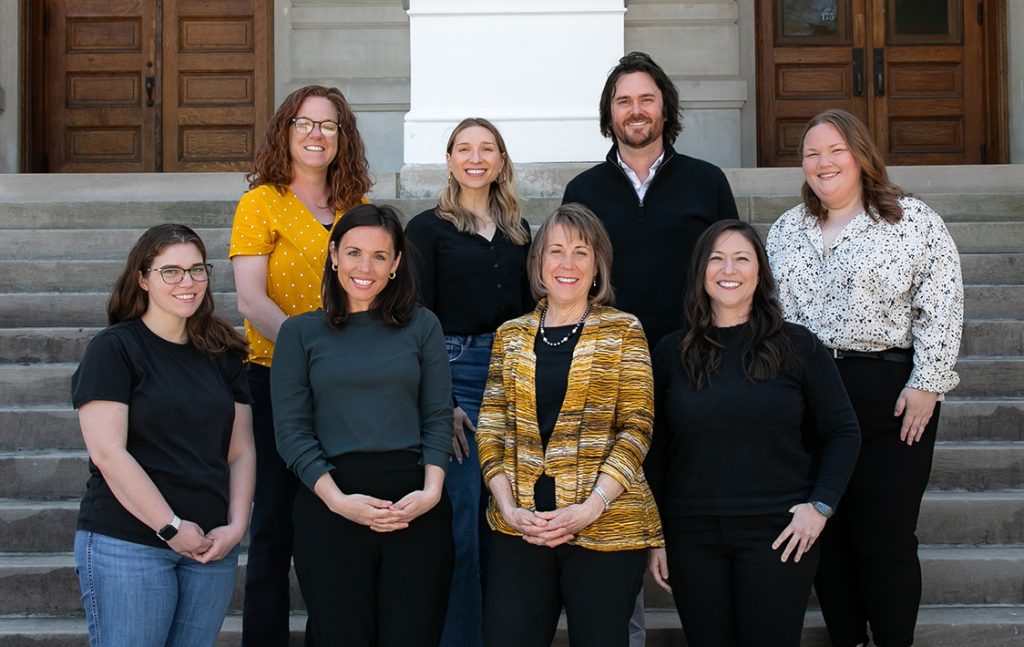
Prosocial behavior is the opposite of antisocial behavior – it is behaving in ways intended to benefit others, like being kind, helpful, polite, respectful, and cooperative. The Prosocial Lab conducts research on how adults help children become prosocial.
Prosocial Education refers to educators intentionally helping students become kinder with each other and more engaged in learning at school. Teachers find that they enjoy teaching more as students become more prosocial. The lab partners with other researchers, teachers, and agencies to provide professional development to teachers.
Recent Publications
The Return to In-Person School: Teacher Reports of Student Behavior and Social–Emotional Learning
In the News
- New Research Says Prosocial Behavior Among Classmates Boosts Academic Engagement in Middle School
- Missouri program teaching prosocial skills expands to more classrooms and states
- Promoting prosocial behavior in the classroom and beyond
- Five key questions educators ask about SEL
- Prosocial Behavior Program is showing positive results in Missouri Schools
- Positive teacher-student relationships lead to better teaching
- Kindness works: Teachers’ helping behaviors related to better student relationships and academic confidence
- Time to change the stressful environment at schools: MU researchers could have the key | columbiamissourian.com
- Prosocial behavior improves student outcomes, reduces teacher stress and burnout
- Popular students may not always be the most well-liked, MU study finds
- MissouriNet: Popular students not always the most well-liked
- Forbes: The Secret to Being A Better Teacher? Be Kind To Your Students
- The Pros of Prosocial
vSchool Project

The vSchool project aims to develop and validate a school-friendly, game-based assessment of prosocial behavior for 4th–6th grade to be used by schools to measure effects of social-emotional learning interventions. vSchool is ED (IES)-funded.
Learn about vSchoolProsocial and Active Learning (PAL) Classrooms
PAL Classrooms combines prosocial education with eMINTs training. The goals are that students are more prosocial, engaged, learn more and their teachers are less stressed, more confident and enjoy teaching more. PAL Classrooms is ED (EIR)-funded.
PAL Classrooms 2.0 (google.com)
Participate in PAL ClassroomsECHO Project – Middle School

ECHO: Prosocial and Positive School Climate – Middle School. The goals are that students increase prosocial behavior and achievement test scores, while teachers increase self-efficacy and enthusiasm for teaching. This project is ED (EIR)-funded.